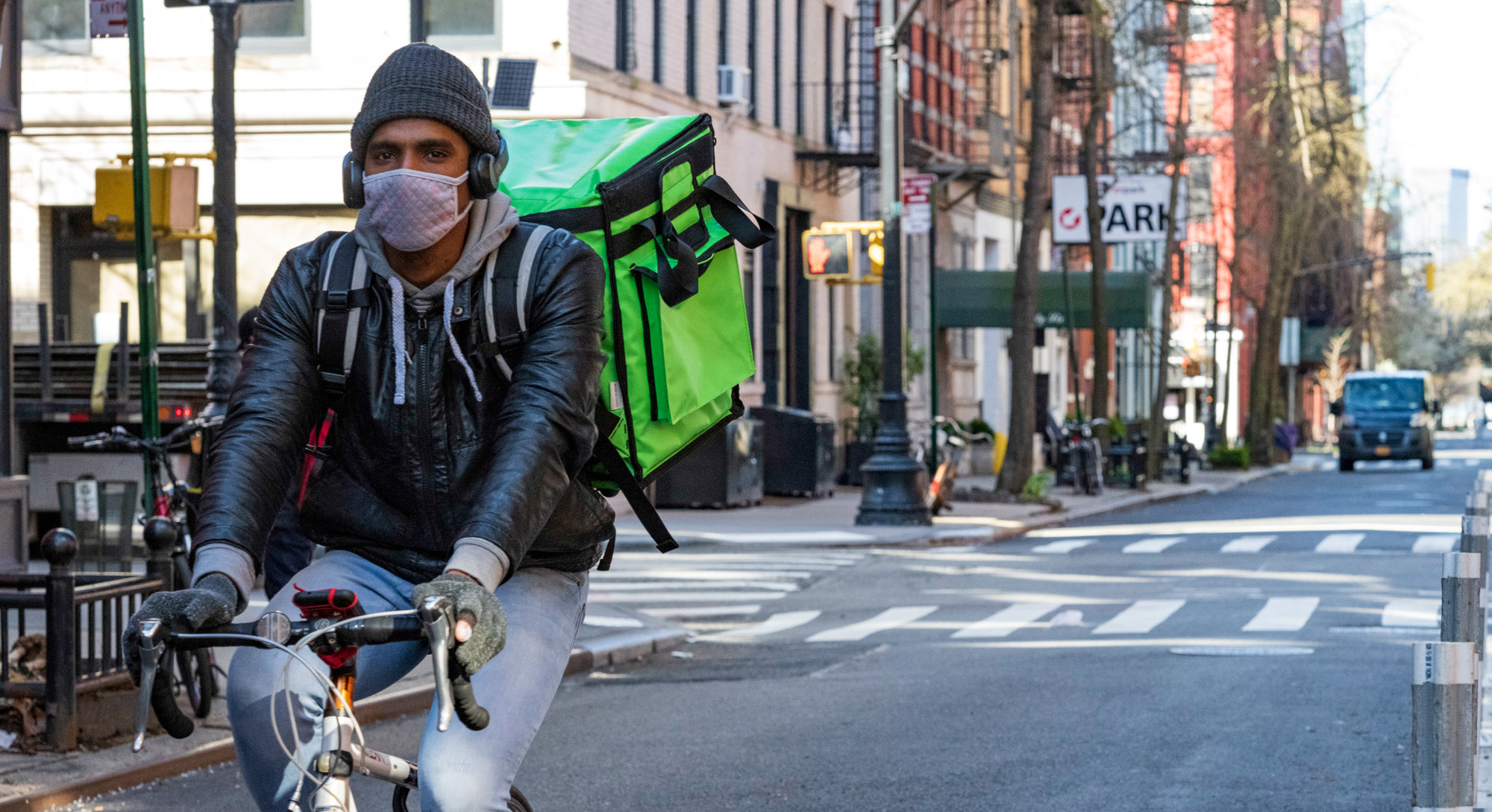This story was originally posted on ReWork the Bay’s blog by authors from Working Partnerships USA and Jobs with Justice SF.
In the face of COVID-19, understanding the future of work through a worker-centered lens has taken on a new urgency.
Before the pandemic, the future of work was already top of mind in California. In the “gig” economy, companies such as Uber, Lyft, Doordash and others sought to redefine employment relationships to exempt their workers from minimum labor laws. In advanced manufacturing and logistics, robotics and workplace surveillance technologies sped up job processes, but often made work more precarious or dangerous as workers were forced to work faster while their every movement is monitored. Responding to these emerging issues, in 2019 Governor Newsom convened the California Future of Work Commission, appointing leaders from education, labor, business, and other sectors to develop recommendations on how to proactively move the state’s workforce into the future, envisioning a new social compact that better met the needs of workers.
Read the full post on ReWork the Bay’s blog >


